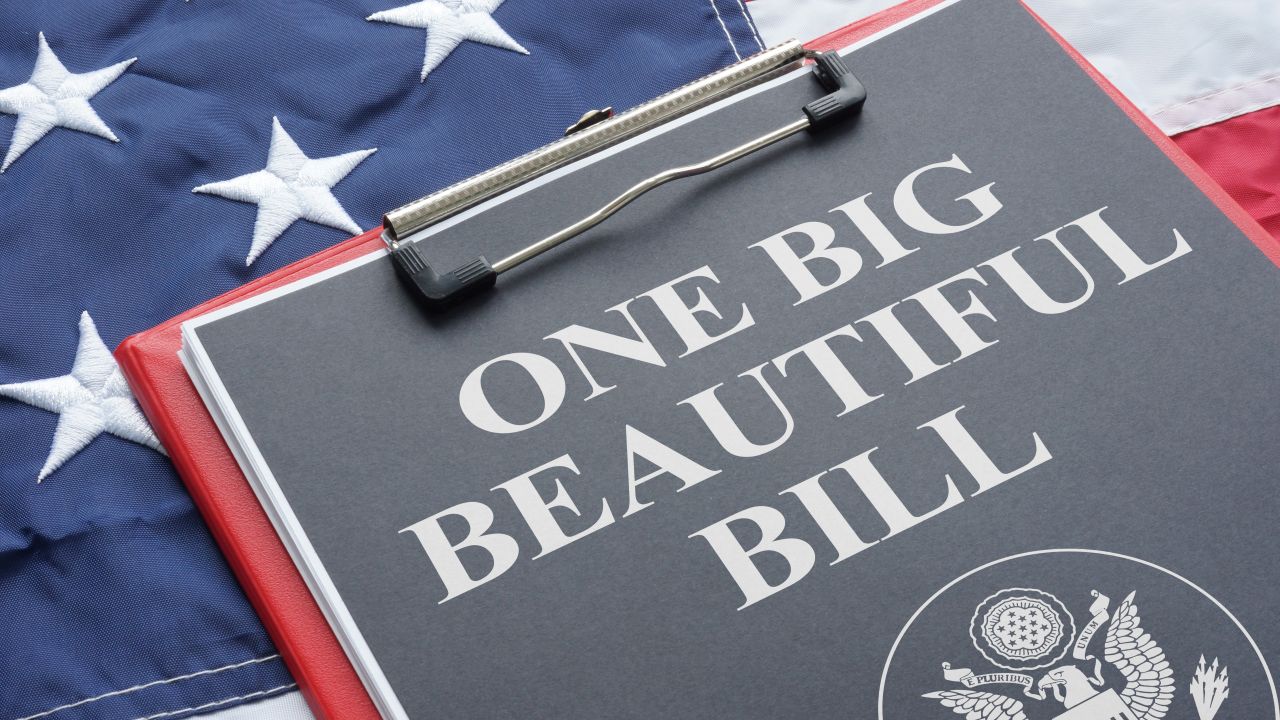
August 15th, 2025
The One Big Beautiful Bill Act of 2025 (Public Law 119-21, signed July 4, 2025) makes sweeping but temporary tax changes affecting restaurants. Key provisions waive federal income tax on qualified tips and overtime (2025–2028), add a deduction for car loan interest, and increase the senior standard deduction.
Restaurant operators should understand the new rules and how to comply.
Below we explain each provision, compare it to the prior law, and discuss practical impacts on payroll, hiring, and reporting.
The One Big Beautiful Bill Act of 2025 introduces temporary tax breaks for tips, overtime, car loan interest, and seniors from 2025–2028.
Tipped employees can deduct up to $25,000 in qualified tips from federal taxable income, but tips must still be reported and are subject to payroll taxes.
Overtime workers can deduct the premium portion of overtime pay (up to $12,500 single or $25,000 joint) from federal taxable income, while employers must separately track and report it.
A new car loan interest deduction allows up to $10,000 annually for qualifying new, U.S.-assembled personal-use vehicles, benefiting employees and owners who finance cars.
Seniors age 65+ get an extra $6,000 standard deduction ($12,000 for qualifying couples) on top of existing senior deductions.
Restaurant owners must update payroll systems, prepare for new IRS reporting rules, and communicate changes clearly to employees to ensure compliance and maximize benefits.
What’s changing:
What stays the same:
What it means for restaurant operators:
What’s changing:
What stays the same:
What it means for restaurant operators:
What’s changing:
Impact for restaurants:
Action for restaurant operators:
What’s changing:
Impact for restaurants:
The One Big Beautiful Bill Act of 2025 introduces important tax relief for restaurant employees and older owners but it also requires adaptations in payroll and record-keeping.
In sum, the new law can put more take-home pay in employees’ pockets (and save taxes for senior owners), which may help recruitment and morale. It also means added administrative work. Careful planning and communication will let restaurant owners reap the benefits while staying compliant with the new tip, overtime, and reporting rules.
Yes. Tips must still be reported to employers and the IRS, and are subject to payroll taxes, but employees can deduct up to $25,000 of qualified tips from their federal taxable income when filing their return.
No. The deduction applies only to employees’ federal income tax; overtime pay remains fully subject to Social Security and Medicare taxes, so employer payroll tax obligations remain unchanged.
All four provisions, the tip deduction, overtime deduction, car loan interest deduction, and senior deduction are currently in effect for tax years 2025 through 2028.
Restaurant operators should update payroll systems to track tips and overtime separately, prepare for new IRS W-2 reporting codes, and educate employees about how to claim these deductions on their personal tax returns.